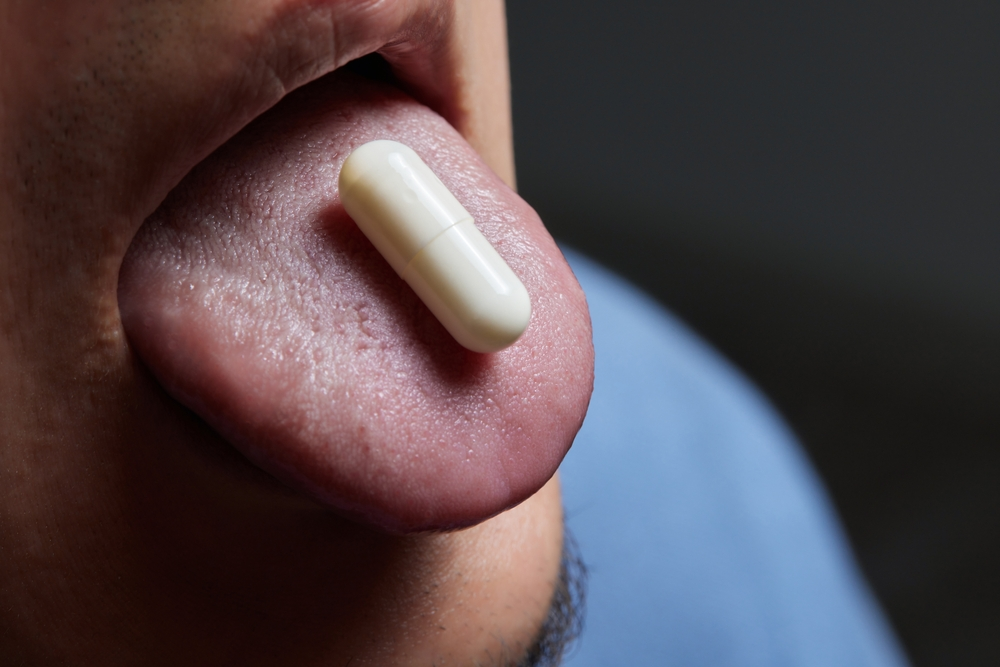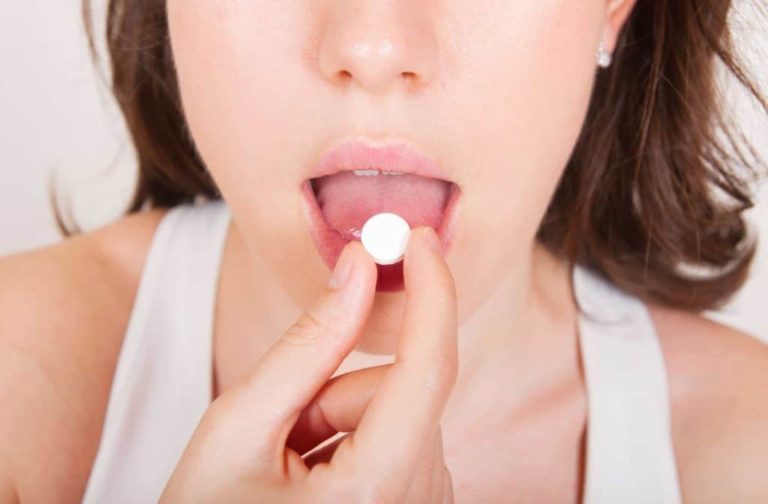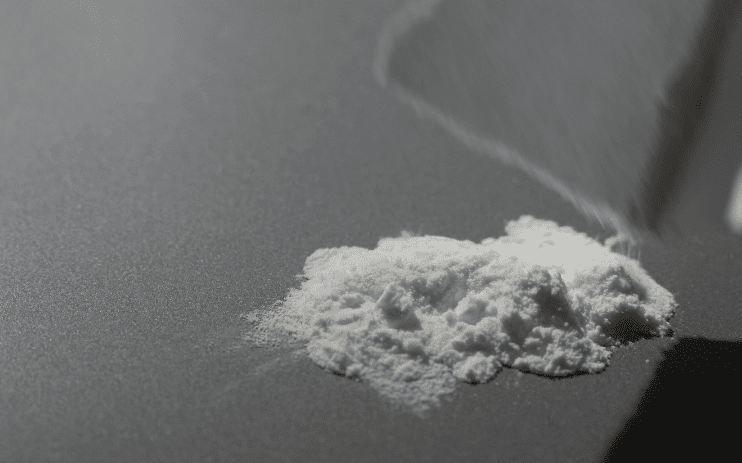Adderall Tongue: What is it and How to Get Rid of it
For people with ADD, Adderall can be a lifesaver, but it may cause unpleasant side effects. Adderall can cause Adderall tongue in some individuals, resulting in dry mouth and sore tongues. The symptoms known as ‘Adderall tongue’ are swelling, dry mouth, and tongue wounds. We will investigate Adderall tongue, its indications, causes, and treatment techniques.
Connect With Us Now
Reach out to us now for immediate support, or let us know the best time to contact you through our confidential callback service. Your journey to healing is just a conversation away.
What is Adderall?
ADHD, a behavioral disorder that affects 3% to 10% of children and teens and 2.5% of adults, is common. Inattention, difficulty concentrating, hyperactivity, and impulsiveness are all indications of ADHD. Most people with ADHD rely on medicines to manage their symptoms, and these medicines are usually very successful.
Adderall is one of a number of drugs used to treat ADHD, which includes dextroamphetamine and amphetamine. By altering the way dopamine and serotonin neurotransmitters interact with your brain, Adderall is able to produce dextroamphetamine-amphetamine.
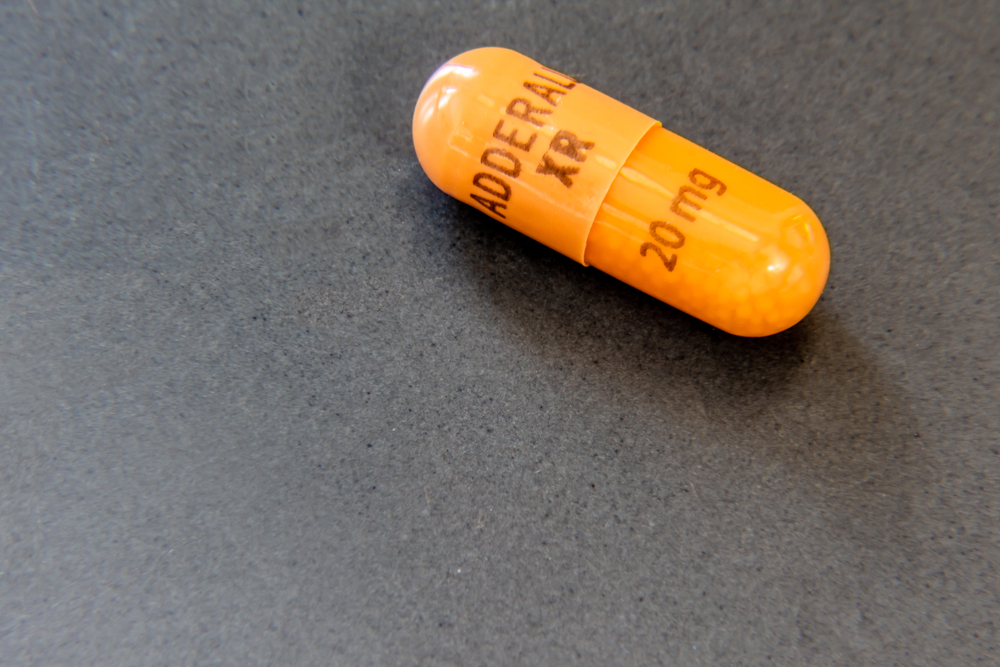
Adderall Use Side Effects
Adderall is a stimulant therefore it effectively speeds up an individual’s central nervous system. Apart from physical, psychological, and behavioral symptoms, Adderall use also causes:
- Rapid speech
- Increased energy
- Lack of appetite
- Weight loss
- Irritability
- Easily excitable
- Sharpened focus
- Constipation
- Diarrhea
- Headache
- Dehydration
- Insomnia
- Increased heart rate
- Shortness of breath
- Anxiety
- Dry mouth
- Feelings of invincibility
- Nausea
Adderall Addiction
The high risk of Adderall addiction and abuse is due to its strength and accessibility. Although everyone who uses Adderall doesn’t develop an addiction, those who frequently take unprescribed doses of Adderall are at an elevated risk of doing so. Those who habitually consume Adderall become dependent over time as a result of dopamine and norepinephrine boosts in the central nervous system (CNS).
Norepinephrine influences how the mind reacts to events, particularly how much attention it gives and how rapidly it responds. Dopamine, the “good-feeling” chemical, creates a rewarding impact. Drugs like Adderall produce unnaturally large quantities of dopamine, which can cause users to return for more.
Take Our Addiction Quiz for Recovery Insights
How Common is Adderall Addiction?
Unfortunately, there are no clear statistics on Adderall addiction prevalence. According to a 2018 study by the Substance Abuse and Mental Health Services Administration, about 5 million people aged 12 and older, or about 2% of the United States population, reportedly misused prescription stimulants the previous year.

Furthermore, the prevalence of Adderall and other stimulant use appears to vary across demographic groups. According to one study, 10% of those who misused prescription stimulants (Adderall included) became addicted to them.
Young adults, especially, use Adderall. According to a 2015 study in Clinical Child and Family Psychology Review, 17% of college students misused stimulant medications, including Adderall. Adderall misuse in the general population might also be on the rise. According to recent research, emergency room visits for non-medical Adderall use, which is considered Adderall misuse, increased by more than 155% between 2006 and 2011.
Signs of Adderall Addiction
Many people who abuse Adderall mistakenly assume it is safe because it comes from a doctor. In reality, Adderall is a powerful stimulant that can cause serious and even deadly side effects. Adderall abuse can result in overdose, heart attacks, strokes, and liver failure. Using Adderall with other substances, including alcohol, increases the risk of a fatal overdose. Although it is a slippery slope, simply taking Adderall from time to time to stay awake or increase productivity is not the same as needing the drug to function.
There are certain behaviors that can assist you in identifying an Adderall addiction. Those who are addicted to Adderall prioritize getting and taking the drug over everything else because they can’t function without it. Addicted individuals have trouble controlling how much Adderall they take and may start ignoring important family and social obligations as a result.
Individuals who become dependent on Adderall usually want to feel stimulated, stay awake longer, think more clearly, have more energy, or lose weight. The following people are more prone to developing an Adderall addiction:
- College students
- Individuals with eating disorders
- Athletes
- Individuals who hold stressful jobs
- Individuals with a drug abuse history
What is Adderall Tongue?
Adderall tongue is the term used to describe the condition caused by taking excessively Adderall. Adderall tongue is not an officially recognized disorder, but rather a description of symptoms frequently reported by those who do. Adderall tongue occurs when one takes too much Adderall, resulting in a white coating on the tongue that is difficult to remove. The symptoms are a white coating on the tongue, a ‘slick’ sensation, and difficulty swallowing.
There haven’t been any research studies specifically investigating Adderall tongue, so all reports are anecdotal. Each person seems to experience these side effects in a different way, and to varying degrees of severity. These are some of the common effects people describe:
- Tongue soreness
- Dry mouth
- Dry tongue
- Raw tongue
- Swelling of tongue and mouth
- Sores and ulcers on tongue
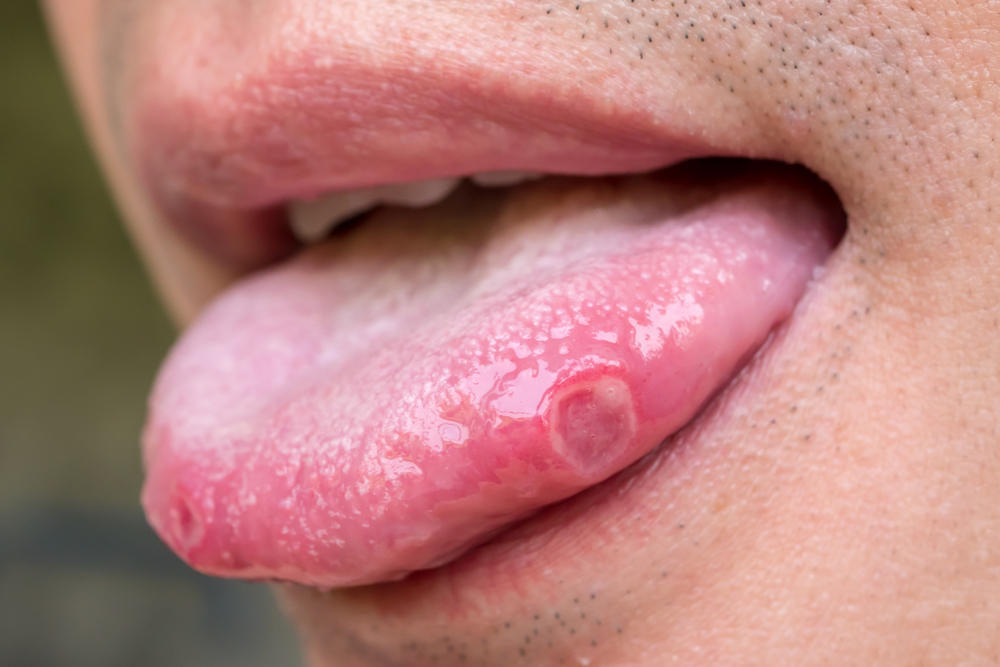
How Long Does Adderall Tongue Last?
The duration of “Adderall tongue,” a condition characterized by symptoms such as dry mouth, tongue swelling, sores, or discoloration caused by the side effects of Adderall, varies depending on individual factors and usage patterns. For most people, these symptoms resolve within a few days to a couple of weeks after stopping Adderall or adjusting the dosage. However, if the medication continues to cause dry mouth or irritations, the symptoms may persist longer. Managing the condition with proper hydration, good oral hygiene, and sugar-free gum or lozenges can help alleviate discomfort. If symptoms persist or worsen, consulting a healthcare provider is essential to rule out other underlying issues or explore alternative treatments.
How to Get Rid of Adderall Tongue
Adderall may cause allergic reactions, including swollen tongue, lips, mouth, and face, if you have an allergic reaction, you should stop taking the drug and seek alternative treatment for ADHD. Your medical professional should give you advice about how to deal with allergic reactions.
Your healthcare provider can provide you with options for dealing with common Adderall side effects. You should contact them immediately if you experience any Adderall tongue issues. Your dosage may be altered or other options for managing your symptoms may be provided if you have just begun taking Adderall. You may find that your Adderall tongue symptoms decrease as your body adjusts to the medicine as you begin taking it.
There are several home remedies that may help treat dry mouth and its related symptoms (bad breath, sore throat, sores, and tongue pain). These include:
- Drinking plenty of water
- Decreasing caffeine intake
- Decreasing alcohol intake
- Using a humidifier
- Using alcohol-free mouthwash
- Trying an oral spray
- Using lozenges throughout the day
Can Adderall Tongue Be Avoided?
It’s possible to keep Adderall-induced dry mouth at bay by staying hydrated, sucking on candy or gum, or following any other treatment method suggested by your physician. Some people find their dry mouth symptoms subside as time passes when they are taking Adderall, but others may require these methods for the entire duration of their treatment. If you suffer from allergic reactions and Adderall tongue symptoms, you will no longer be able to utilize Adderall to treat your ADHD, and you will need to switch to a different drug. Similar medications include:
- Ritalin
- Concerta
- Vyvanse
- Daytrana
- Methylin
Are You Covered For Treatment?
Oasis Recovery Center partners with numerous private insurance providers. Our team is committed to assisting you in quickly and effortlessly verifying your insurance coverage for treatment.
Oasis Recovery Can Help With Adderall Addiction
Addiction and mental health issues can affect anybody. If you or a loved one is currently suffering from one of these issues, we can help. Oasis Recovery offers mental health services and addiction treatment programs that are tailored to your needs.
Oasis Recovery Center was founded on the basis of our own personal experience with addiction and recovery, and we aim to assist people in healing from addiction in a compassionate, creative, open-minded, and loving environment. We believe that recovery is always attainable. Some of the common treatment programs include:
- Intensive Outpatient Programs (IOP)
- Full-time Addiction Treatment on campus
- Aftercare Services
Please contact us today if you’d like to learn more about our programs and services that can assist you in getting your life back on track. We’re here to help you. You don’t have to struggle with your addiction alone.



